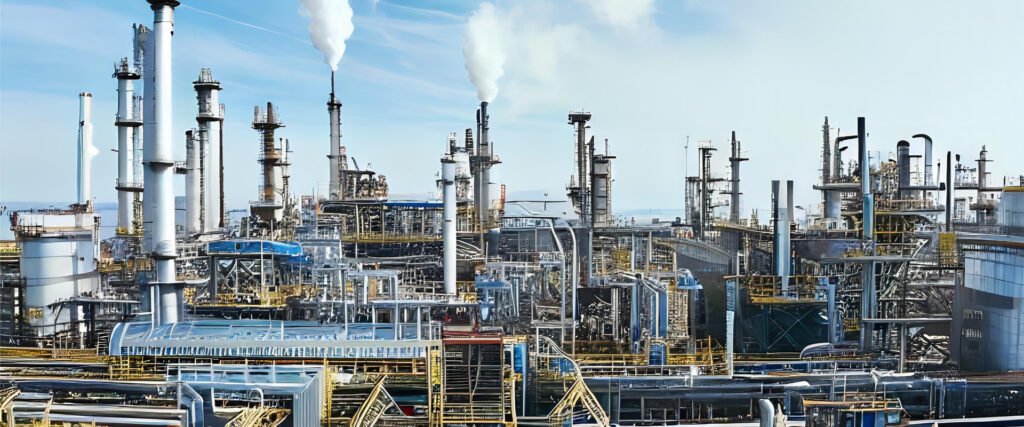Your cart is currently empty!
TEL:08615998857658

lubricant viscosity improver polymers
Lubricant viscosity improver polymers are additives used to modify the viscosity of lubricating oils.
Description
| Lubricant viscosity improver polymers are additives used to modify the viscosity of lubricating oils. These polymers are specifically designed to enhance the viscosity-temperature relationship of the oil, preventing it from thinning too much at higher temperatures and thickening excessively at lower temperatures. They belong to a class of additives known as viscosity modifiers or viscosity index improvers (VIIs).
These polymers typically work by altering their structure in response to temperature changes. At lower temperatures, they coil up to minimize interference with the oil’s flow, allowing it to move freely. As the temperature rises, they expand and stretch out, preventing the oil from becoming too thin and maintaining its optimal viscosity for proper lubrication. The choice of viscosity improver polymer depends on various factors like the base oil used, the desired viscosity profile, and the application requirements. Some commonly used polymers include olefin copolymers, ethylene-propylene copolymers, styrene-butadiene copolymers, and polymethacrylates. These additives play a crucial role in ensuring that lubricants perform effectively across a wide range of temperatures, which is essential for machinery and engines operating in diverse environmental conditions. |







Reviews
There are no reviews yet.